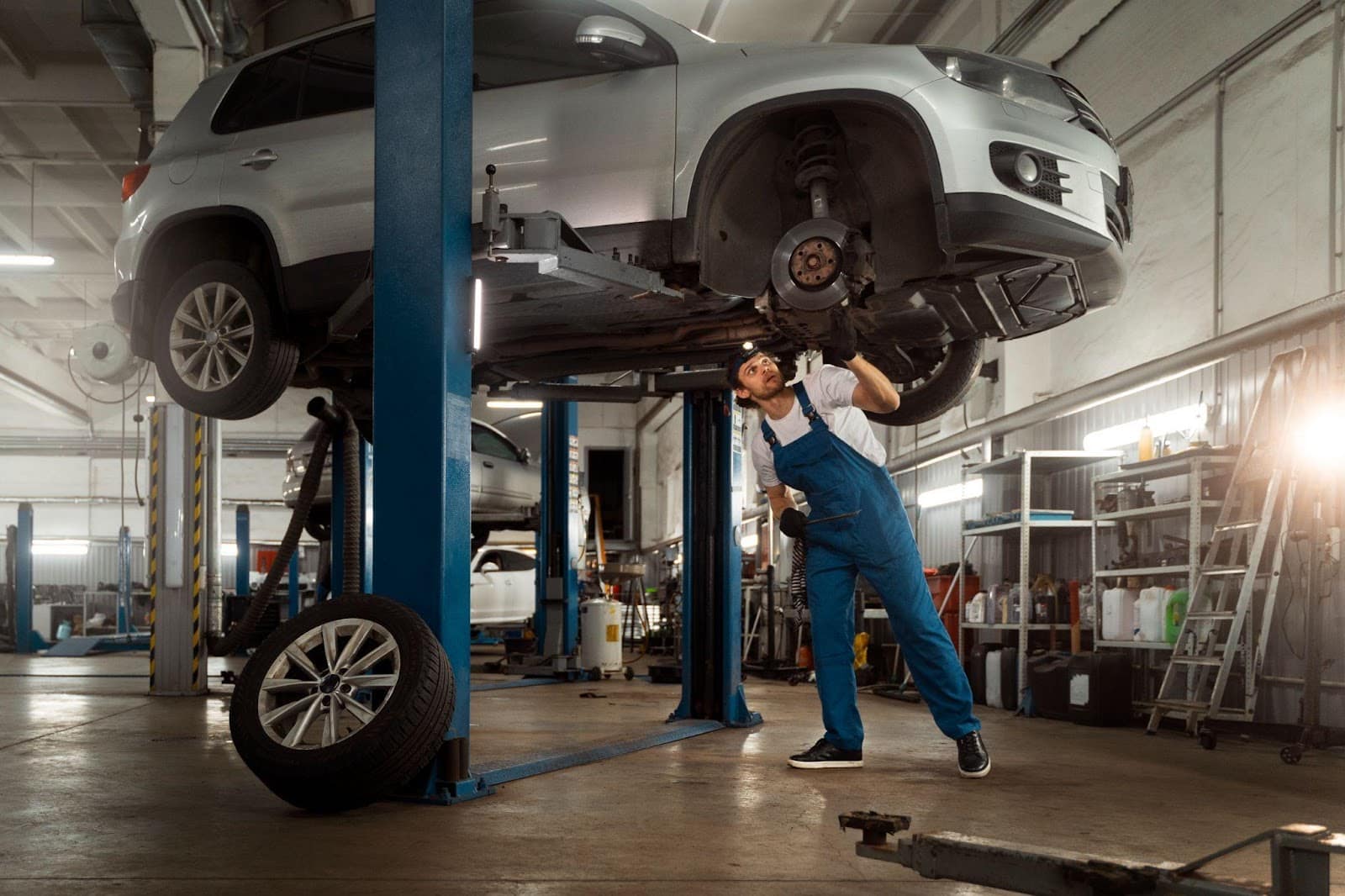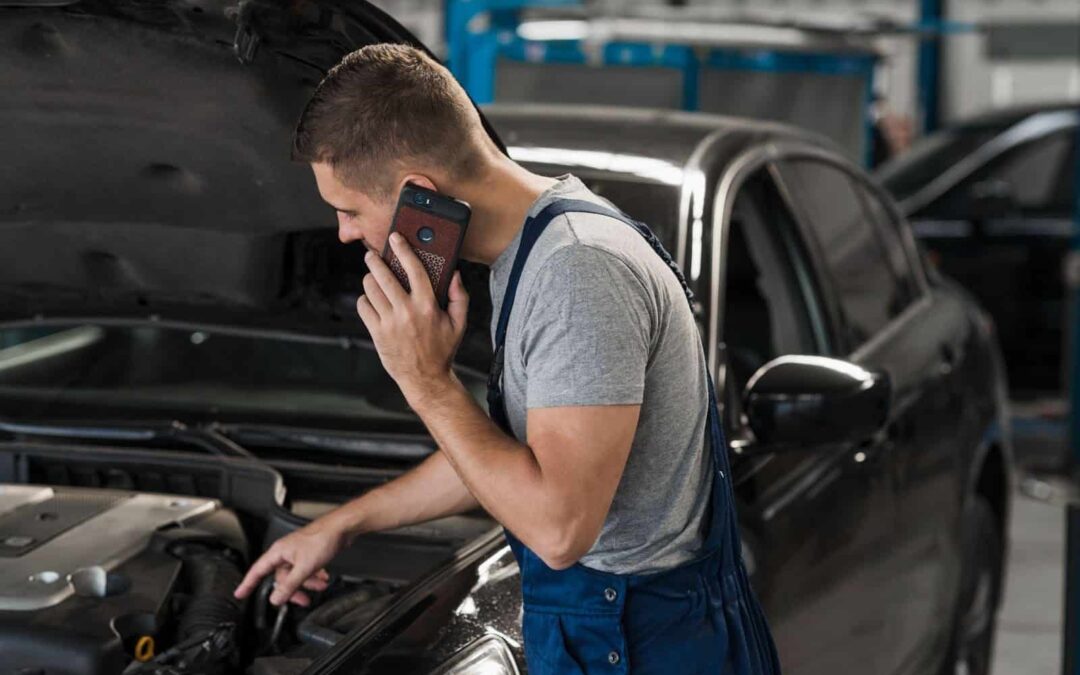When your car starts acting up—whether it’s making strange noises, stalling, or showing visible damage—getting it repaired quickly and correctly becomes a top priority. But for many drivers, understanding what kind of repair is needed, how diagnostics work, or where to go for trustworthy service can feel overwhelming.
This guide breaks down the most common types of car repair services, what they involve, and why acting early can save you time, money, and stress. Whether you’re facing an issue with your engine, transmission, or exterior bodywork, knowing what to expect helps you make informed decisions and get back on the road with confidence.
Diagnosing the Issue: Why Auto Engine Diagnostics Matter
Modern vehicles are equipped with complex computer systems that alert drivers when something goes wrong. A check engine light or noticeable drop in performance often signals the need for a professional auto engine diagnostic.
These diagnostics involve scanning your vehicle’s onboard computer for error codes that pinpoint the source of the problem—whether it’s related to emissions, sensors, ignition, or more. This process allows technicians to accurately identify the issue and recommend the right repair, rather than relying on trial-and-error troubleshooting.
If your car is experiencing sluggish acceleration, stalling, or reduced fuel efficiency, don’t delay getting it checked. A quick diagnostic can help catch small problems before they turn into major failures.
Key Mechanical Repairs: Engine and Transmission
Two of the most critical systems in any vehicle are the engine and the transmission. When either begins to fail, it can severely impact your car’s performance and safety.
Engine repair can involve a wide range of issues, from minor component replacements (like spark plugs or sensors) to full engine rebuilds. Warning signs such as engine knocking, overheating, or fluid leaks should be addressed promptly to avoid more extensive damage.
Similarly, the transmission is responsible for shifting gears and transferring power from the engine to the wheels. A trusted transmission repair service can handle issues like gear slippage, delayed engagement, or transmission fluid leaks. These symptoms often point to wear-and-tear or internal failures that require professional attention.
Acting early—when the first signs appear—can make the difference between a routine service and a costly, time-consuming repair.
Don’t Overlook Exterior Damage: The Importance of Auto Body Repair
While mechanical issues often take priority, cosmetic and structural damage from minor accidents or wear over time should not be ignored.
Auto body repair includes fixing dents, replacing bumpers, restoring paint, and aligning vehicle frames. Even small dents can weaken a car’s structural integrity or lead to rust and corrosion. After a collision, it’s crucial to ensure your car’s body and frame are restored to factory safety standards.
When searching for a shop that handles this type of work, look for a certified auto body shop near me with a strong reputation for quality repairs, up-to-date equipment, and attention to detail. Proper bodywork not only improves the car’s appearance but also its resale value and safety.
How to Find a Trusted Repair Shop
Knowing where to go is just as important as knowing what’s wrong. Whether you’re dealing with engine trouble or seeking out auto body repair, choosing the right repair shop can make all the difference.
Start by researching local providers with certifications such as ASE (Automotive Service Excellence) or I-CAR, which indicate a commitment to high standards. Look for transparent pricing, clear communication, and solid customer reviews. Ask whether the shop specializes in diagnostics and if they use OEM parts for replacements.
If you’re searching online, terms like “certified mechanic” or auto body shop near me can help identify well-reviewed professionals in your area. Choosing a shop that offers full-service solutions—including auto engine diagnostic work and both mechanical and body repairs—can also streamline the repair process and reduce your downtime.
Timely Repairs Prevent Long-Term Problems

Delaying repairs can lead to larger, more expensive issues later on. What starts as a simple diagnostic fix could become a full engine repair if neglected. Likewise, failing to address slipping gears or fluid leaks can escalate into major transmission repair service needs.
Keeping up with routine maintenance and acting quickly when problems arise not only extends your vehicle’s lifespan but also ensures safer driving. Staying proactive with repairs means fewer unexpected breakdowns and more peace of mind behind the wheel.
Final Thoughts: Take Control of Your Repair Experience
Car trouble doesn’t have to be stressful—especially when you understand what’s involved and who to turn to for help. From diagnostics and mechanical repairs to cosmetic fixes and collision restoration, professional car repair are designed to keep your vehicle running smoothly and safely.
When you stay informed and proactive, you can catch issues early, choose reputable professionals, and get back on the road with confidence.

Recent Comments